News

Nov 28, 2023
Researchers predict climate change-driven reduction in beneficial plant microbes
Bacteria that benefit plants are thought to be a critical contributor to crops and other ecosystems, but climate change may reduce their numbers, according to a new study by an international team of researchers. They published their findings in Nature Food.
Full Article

Feb 18, 2022
Penn State biologist Michael Axtell named distinguished professor
Michael Axtell, professor of biology at Penn State, has been selected to receive the title of distinguished professor of biology in recognition of his exceptional record of teaching, research, and service to the University community.
Full Article

Jun 30, 2021
Claude dePamphilis named Huck Chair in Plant Biology and Evolutionary Genomics
Claude dePamphilis, Penn State Professor of Biology, has been named the Dorothy Foehr Huck and J. Lloyd Huck Distinguished Chair in Plant Biology and Evolutionary Genomics by the Huck Institutes of the Life Sciences.
Full Article
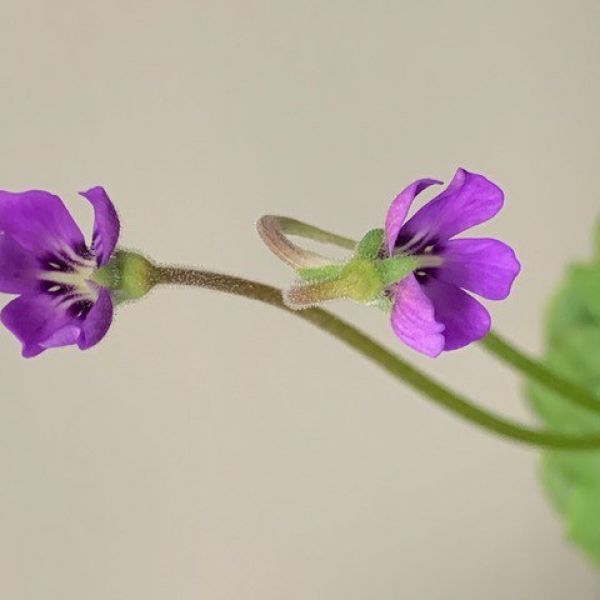
Apr 22, 2021
Little crop of horrors
An international team of researchers has received a grant from the Human Frontier Science Program to investigate how carnivory-related genes, such as those involved in digestion, could help crops not only avoid pests, but also thrive in low-nutrient environments.
Full Article
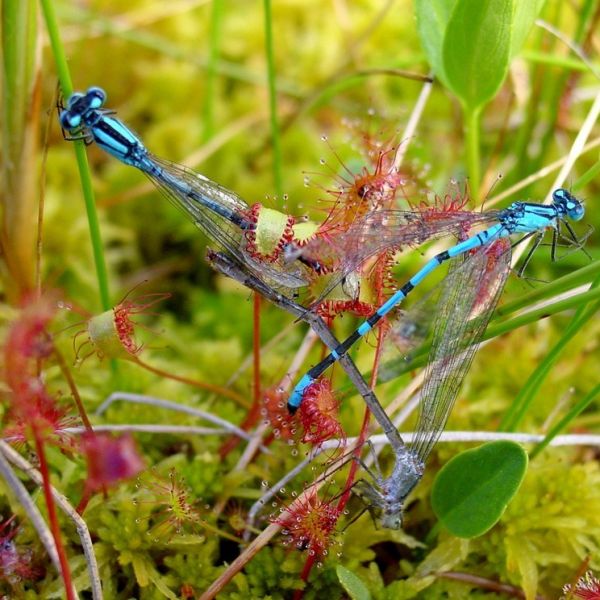
Oct 16, 2020
Grant supports study of how carnivorous plants repurpose genes to digest prey
A Penn State researcher has received funding to examine the genetic mechanisms that enable carnivorous plants to repurpose defense proteins to digest their insect prey.
Full Article
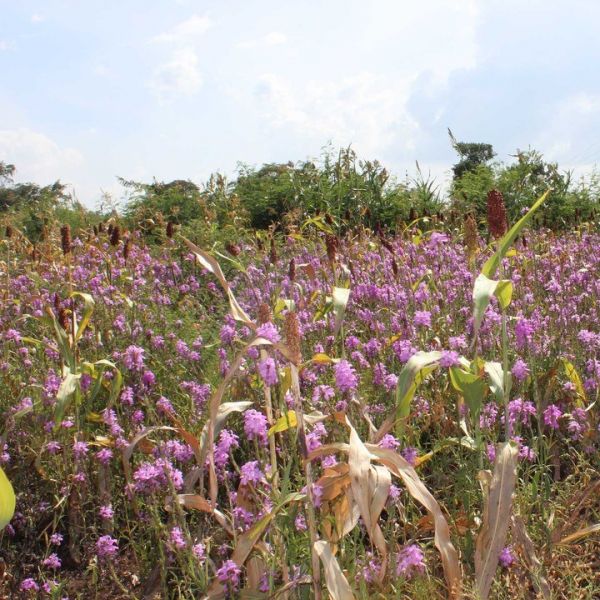
Feb 11, 2020
Local genetic adaption helps sorghum crop hide from witchweed
Sorghum crops in areas where the agricultural parasite striga, also known as witchweed, is common are more likely to have genetic adaptations to help them resist the parasite, according to new research led by Penn State scientists.
Full Article
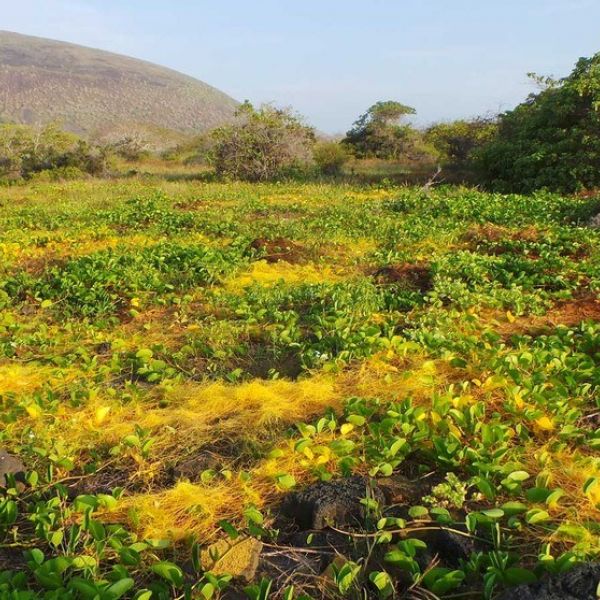
Dec 18, 2019
Agricultural parasite avoids evolutionary arms race, shuts down genes of host
A parasitic plant has found a way to circumvent an evolutionary arms race with the host plants from which it steals nutrients, allowing the parasite to thrive on a variety of agriculturally important plants. The parasite dodder, an agricultural pest found on every continent, sends genetic material into its host to shut down host defense genes.
Full Article
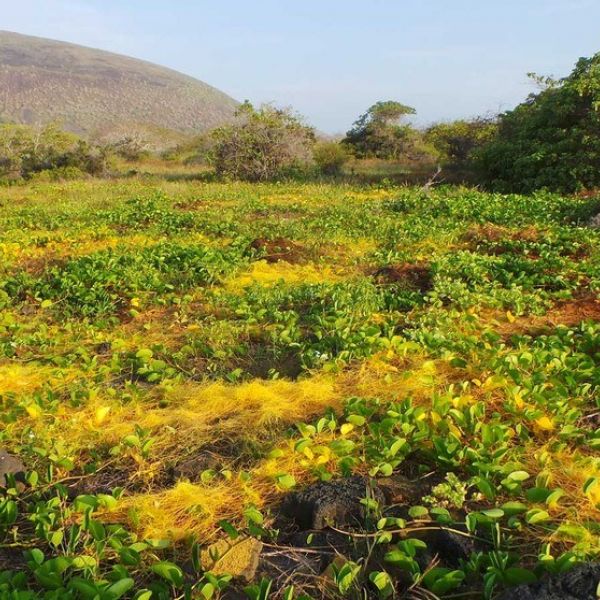
Jul 22, 2019
Parasitic plants use stolen genes to make them better parasites
Some parasitic plants steal genetic material from their host plants and use the stolen genes to more effectively siphon off the host’s nutrients. A new study led by researchers at Penn State and Virginia Tech reveals that the parasitic plant dodder has stolen a large amount of genetic material from its hosts, including over 100 functional genes.
Full Article